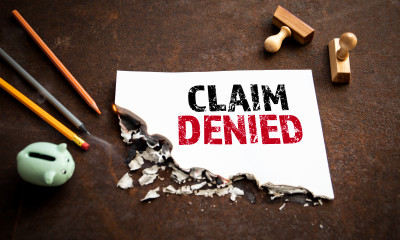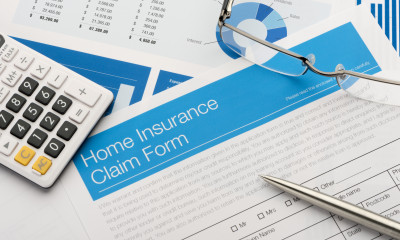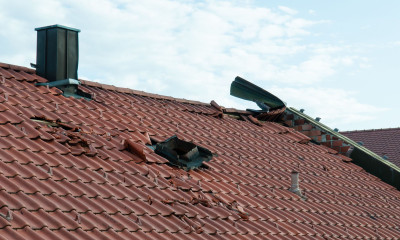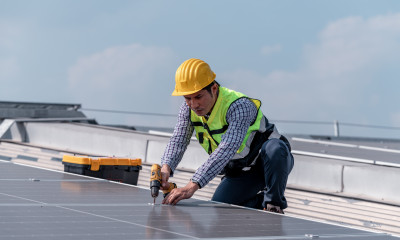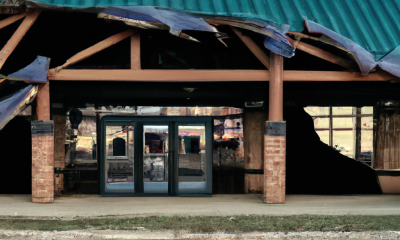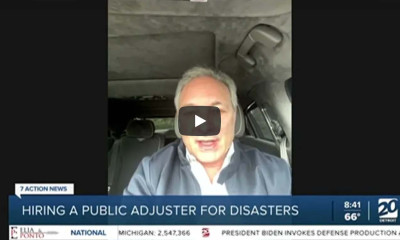6 Quick Tips About Tornado Claims
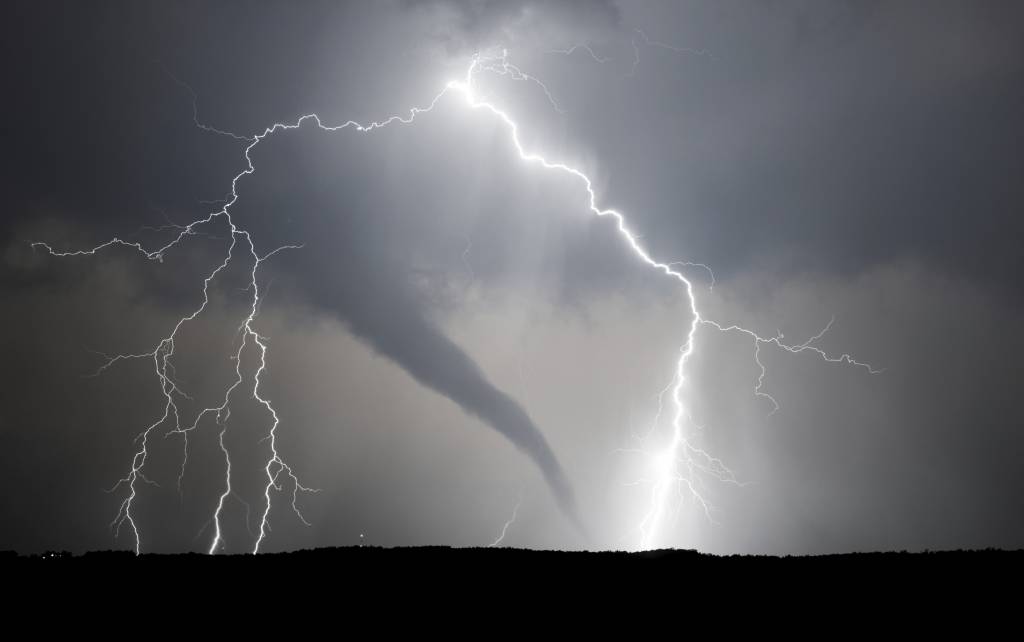 1.) Call your insurance carrier immediately to report damages.
1.) Call your insurance carrier immediately to report damages.
There are several reasons to report any weather-related damages to your carrier as soon as possible after a tornado. First, it is a requirement of the policy to do so. Secondly, after a storm, insurance companies will become inundated with calls from policyholders. The quicker you react, the better customer service you will receive.
2.) Save all receipts for storm-related expenses.
Expenses that you incur post-storm may be reimbursable by your insurance carrier. It is vital to keep all of your receipts for the costs you incurred that were a direct result of the storm. For example, if you had to buy a tarp for your roof to protect it from further damage, or because of damage to your property you had to stay at a hotel for several days. Always keep your receipts, no matter how inexpensive the item may have been.
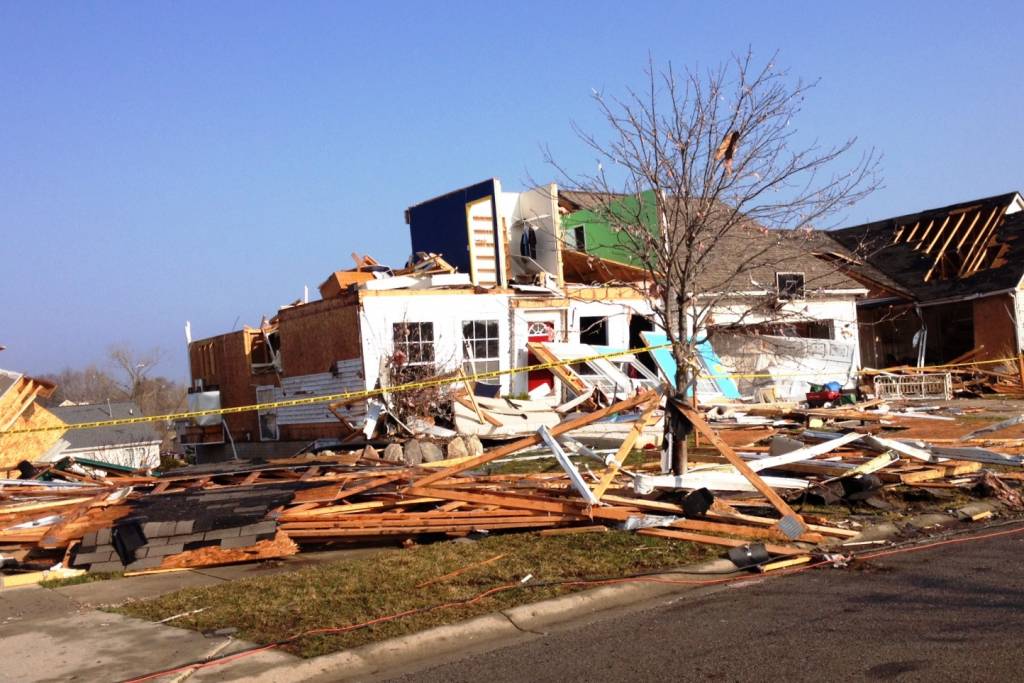 3.) Tornadoes can cause both wind and water damage.
3.) Tornadoes can cause both wind and water damage.
High winds from a tornado can tear off roofs, overturn vehicles, and affect the structural integrity of buildings. If rain were to follow thereafter, it would cause extensive damage by entering the damaged property’s openings. Property damage claims due to wind and water must be handled correctly. In most cases you must be able to prove that the water damage was a direct result from the exterior damage that the tornado created. This can make a tornado claim especially difficult, and typically is best left in the hands of an expert, such as a public adjuster.
4.) It is your responsibility to protect your property from further damage.
Many are shocked to find out that it is their responsibility post-storm to protect their property from any further damage. Failure to comply with this obligation could result in denial of coverage. Below are just a few points that may need to be addressed in order to fulfill this obligation:
- Hiring security guards to protect the property
- Demolition of damaged building components – if proven to be unsafe
- Boarding up windows, doors, entryways
- Mitigating any water damage or mold by removing carpeting, drywall, etc.
- Relocating to a temporary location
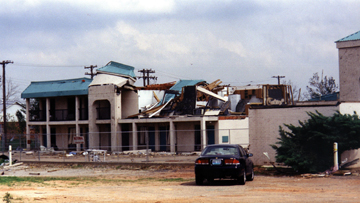 5.) Document damages to your property.
5.) Document damages to your property.
There are numerous ways to document your damages, whether it is by taking pictures or videotaping the premises. It is always a good idea to document the damages to your property. Do not rely on your insurance company to do this for you as it is your responsibility to prove your losses to them. In order to do this, you will need to have an accurate inventory of items that were destroyed. Everything should be documented completely so that you can be reimbursed fully.
6.) Extra insurance coverage/endorsements may be needed.
When it comes to tornadoes, several exclusions may come into play. Depending on your policy, you may have items that are not fully covered, such as mold or area ground flooding. If you had any additional endorsements added to your policy beforehand, such as code upgrade coverage, you will want to consider the policy’s requirements for reimbursement for extra improvements required by building codes. Be sure to understand what is in your policy before meeting with your insurance provider. If you do not, there may be items you are missing that you will not be reimbursed for. Consider hiring a public adjuster to help you thoroughly understand your policy and to obtain the maximum financial settlement possible.
Carl Gross, Chief Operating Officer of Globe Midwest/Adjusters International gives business owners some tips on how to handle tornado insurance claims:
If you have questions about your tornado claim, call us today at 800.382.2468.
For further reading, visit:


